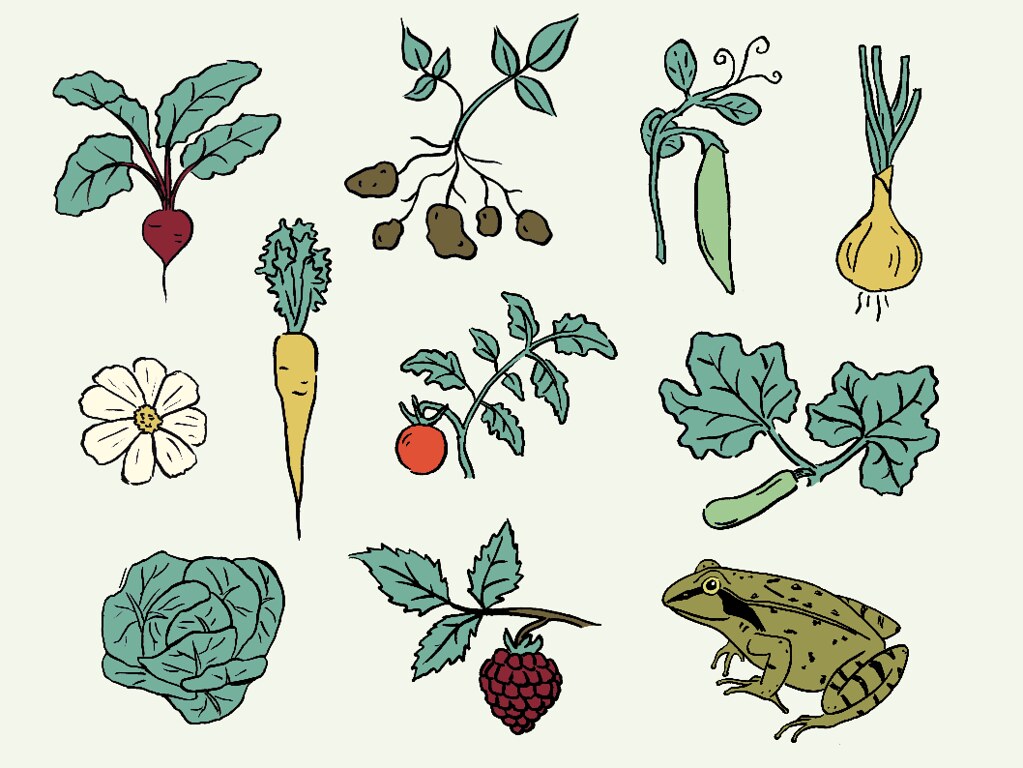Allotment Crap App
Posted Dec. 14, 2016 by Amber GriffithsA while back we made a Farm Crap App – a system to encourage behavioural change for sustainable farming. The Crap App enables farmers to reduce their use of commercial fertilisers by allowing them to easily calculate nutrient values for organic manures, together with the price saving this brings. We’re gradually trawling the 257 pages of Defra manure recommendations and adding them to a new version of the Crap App to allow for more types of manure and crops – we are nearly there with the eagerly awaited Crap App Pro.
We’re also now prototyping this system for people to use in their allotments and smallholdings, again working with Duchy College and Rothamstead Research. The things people grow in allotments are very different to commercial farm crops, and they’re more likely to be using compost than manure. Compost is remarkably understudied – and it is proving a struggle to get reliable information on how what goes into compost affects its nutrient content. Another difference is that the knowledge levels can’t be assumed in the same way – it would be very unusual for a commercial farmer not to know their soil nutrient values, local rainfall levels, and the most suitable crops for their fields, but allotment owners vary hugely in their experience.
To help with this, the allotment system will be more of a 'pocket lab', with walkthroughs for working out your soil type and rainfall level, and how to make good compost. Once these experiments are completed, the system will be able to make suggestions for the best crops and companion plants, compost application rates and timings, and rotations. We’re getting there with the interface design, and the build will start soon. As an early Christmas present, here is the plan for the walkthrough for soil texture testing:
As Theun at FoAM Amsterdam says, humans are a uniquely gifted gardening species. The time is ripe for encouraging sustainable farming and gardening – we often forget that there is no better carbon-capture technology than a plant. Our hope is that this system will provide a leg-up to those wanting to start growing, and a means for more experienced growers to make their practices more in tune with our environment. Again and as always, all for free and all open-source.
Created: 15 Jul 2021 / Updated: 15 Jul 2021





